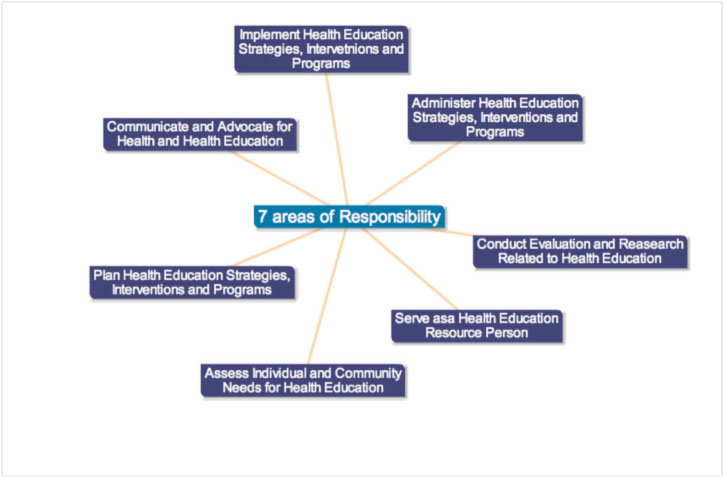Health educator
Health education is a profession of educating people about health. Areas within this profession encompass environmental health, physical health, social health, emotional health, intellectual health, and spiritual health, as well as sexual and reproductive health education.
Health education can be defined as the principle by which individuals and groups of people, learn to behave in a manner conducive to the promotion, maintenance, or restoration of health. However, as there are multiple definitions of health, there are also multiple definitions of health education. The Joint Committee on Health Education and Promotion Terminology of 2001 defined Health Education as "any combination of planned learning experiences based on sound theories that provide individuals, groups, and communities the opportunity to acquire information and the skills needed to make quality health decisions."
The World Health Organization defined Health Education as "compris[ing] [of] consciously constructed opportunities for learning involving some form of communication designed to improve health literacy, including improving knowledge, and developing life skills which are conducive to individual and community health."
From the late nineteenth to the mid-twentieth century, the aim of public health was controlling the harm from infectious diseases, which were largely under control by the 1950s. By the mid 1970s it was clear that reducing illness, death, and rising health care costs could best be achieved through a focus on health promotion and disease prevention. At the heart of the new approach was the role of a health educator A health educator is "a professionally prepared individual who serves in a variety of roles and is specifically trained to use appropriate educational strategies and methods to facilitate the development of policies, procedures, interventions, and systems conducive to the health of individuals, groups, and communities" (Joint Committee on Terminology, 2001, p. 100). In January 1978 the Role Delineation Project was put into place, in order to define the basic roles and responsibilities for the health educator. The result was a Framework for the Development of Competency-Based Curricula for Entry Level Health Educators (NCHEC, 1985). A second result was a revised version of A Competency-Based Framework for the Professional Development of Certified Health Education Specialists (NCHEC, 1996). These documents outlined the seven areas of responsibilities which are shown below.
...
Wikipedia

